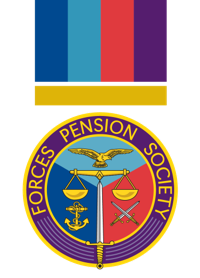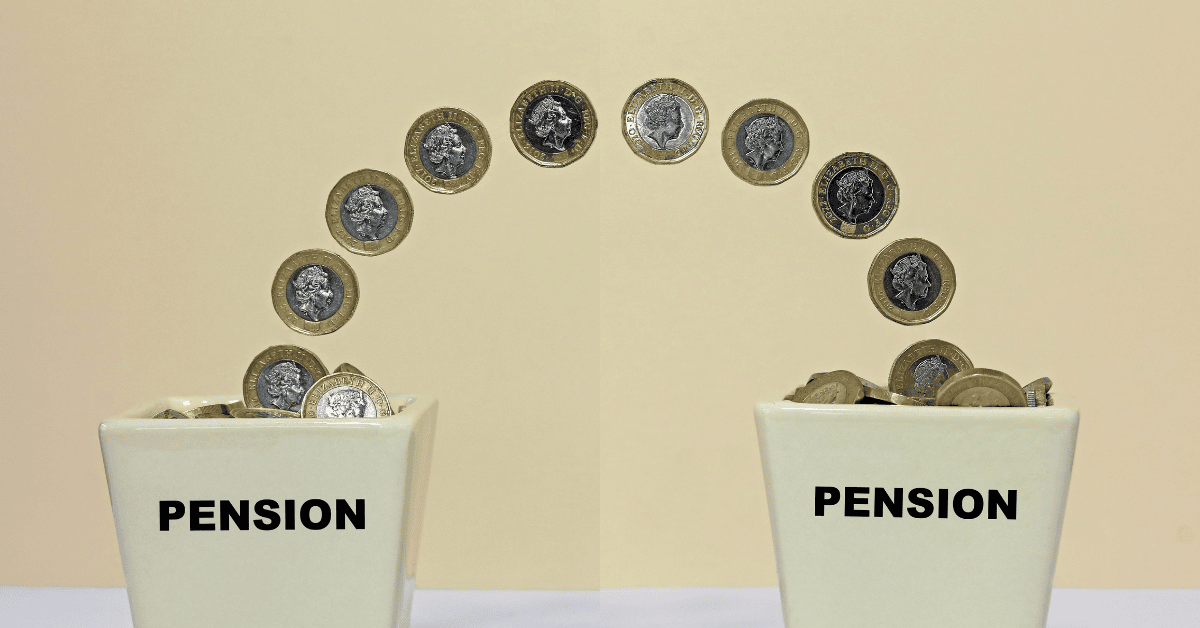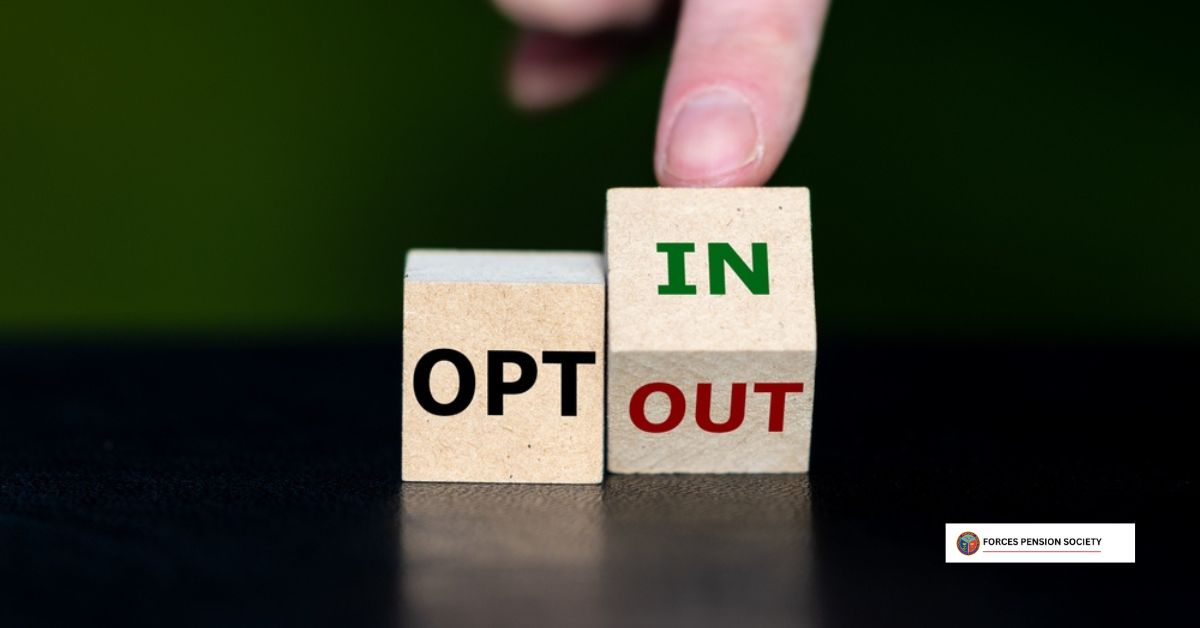
Do you understand how the Armed Forces Pension Schemes (AFPSs) protect your family in the event of your death? Should a Service Person or Veteran die, their eligible dependants – spouse, civil partner, eligible partner, or eligible children – will receive Armed Forces pension benefits.
Here we provide an overview of the family pension entitlements for Armed Forces Pension Schemes (AFPS) ‘75, ’05 and ’15.
AFPS 75 adult pensions are normally limited to the spouse or civil partner of the member. If the member dies in service or they die with their pension in payment, the family pension is paid in two stages.
First, a Short-Term Family Pension (STFP) is paid in the immediate aftermath of the member’s death for 91 days, if there are no eligible children, or 182 days, if there are. The STFP is based on the member’s representative rate of pay for their rank if they were still in service, or their full pension if the pension was in payment. After the STFP has been paid, the long-term pension reduces to 50% of the member’s entitlement and this pension is payable for life.
If the member’s pension is a preserved AFPS 75 pension (that is a pension not yet in payment), there is no STFP entitlement.The spouse/civil partner would receive 50% of the member’s pension entitlement payable for life. This would include a lump sum of three times the pension, which is paid automatically to the spouse/civil partner. If there is no spouse/civil partner, the lump sum is paid to any eligible children. If there are no eligible children, it is paid to the deceased’s estate.
AFPS 05 and AFPS 15 pay adult pensions to the member’s spouse, civil partner, or eligible partner.The eligible partner is an unmarried partner of either sex, who lives with the member and can demonstrate financial dependence or interdependence. There may be a lump sum payable on death if, for example, the member dies in service, dies before claiming their pension or before having received 5 years’ worth of pension (which includes any lump sum the member took on discharge). The lump sum will normally be paid in accordance with any nomination the member has made stipulating who should receive the money. If there is no nominee, it is paid to the member’s spouse, civil partner, or eligible partner. If there are none, it is paid to the estate. AFPS 05 and AFPS 15 adult pensions are normally 62.5% of the member’s pension entitlement. These pensions are payable for life.
If the member has benefits in more than one scheme, there could be family pension entitlements in each. For example, a spouse or civil partner of a former AFPS 75 member could have entitlements in AFPS 75 and AFPS 15, but an eligible unmarried partner of a former AFPS 75 member would have benefits under AFPS 15 rules only.
Turning now to children’s pensions.
AFPS 75 rules for serving members require the child to be a child of the marriage (this includes a natural, adopted or stepchild) who is under the age of 17, or under the age of 23 and in full time education or vocational training. For deferred or pensioner members the qualifying relationship rules are more complex.
AFPS 05 and AFPS 15 rules require the child to be under the age of 18, or under the age of 23 and in full time education or vocational training. There are no marriage criteria for children’s pensions in these schemes so long as the child was financially dependent upon the member.
For all schemes, a child’s pension is only payable beyond age 23 if the child is unable to undertake gainful employment due to mental or physical disability suffered before age 23.
In respect to child pension entitlements: For AFPS 75, where there is an adult pension in payment, the remaining 50% of the member’s entitlement is available to be shared by the eligible children.
For AFPS 05 and AFPS 15, 37.5% remains available for the eligible children. In each scheme, where there is an adult pension in payment, no child can receive more than 25% of the member’s entitlement.
In all schemes, where there is no adult pension in payment, and the children are not living with a parent or step-parent, the whole pension is available to be divided between the children, with no child receiving more than 33.33% of the members pension entitlement.
You can find further info on AFPS 75 Surviving Spouses Benefits here.
Content correct at time of publication




